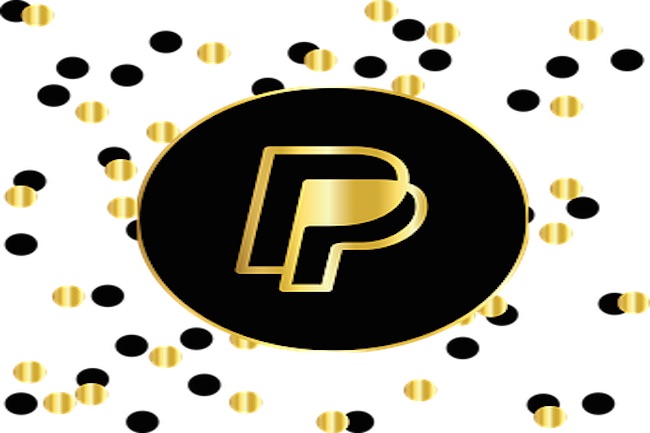PayPal CEO Admits Partnership with Far-Left SPLC to Blacklist Conservatives by Charlie Nash for Breitbart
PayPal CEO Dan Schulman admitted during an interview with the Wall Street Journal that PayPal works with the far-left Southern Poverty Law Center (SPLC) when it considers blacklisting conservatives.
After being asked by the Wall Street Journal what “values” PayPal identifies with,” Schulman replied, “Probably the most important value to us is diversity and inclusion.”
“I think North Carolina was probably the moment that was the most visible, where we basically said this violates our core value and we need to make a very public stand on it,” claimed Schulman, referencing the time when PayPal pulled out of an investment in North Carolina because the state passed a bill making it mandatory for people to use the bathroom of their biological sex.
“Businesses need to be a force for good in those values and issues that they believe in. It shouldn’t come from backlash or people taking heat on it, because then it’s in response, as opposed to the definition of who you are and then how you react to the context that you find yourself in,” the PayPal CEO expressed, adding that the Charlottesville rally in 2017 was a “defining moment” for PayPal to start blacklisting conservatives.
Schulman claimed it “was a defining moment for us as a company,” that was “difficult,” because, “the line between free speech and hate, nobody teaches it to you in college. Nobody’s defined it in the law.”
During the interview, Schulman also admitted that the far-left SPLC helps to inform “PayPal’s decisions.”
“There are those both on the right and left that help us. Southern Poverty Law Center has brought things. We don’t always agree. We have our debates with them. We are very respectful with everyone coming in. We will do the examination carefully,” Schulman explained. “We’ll talk when we don’t agree with a finding: We understand why you think that way, but it still goes into the realm of free speech for us.”




